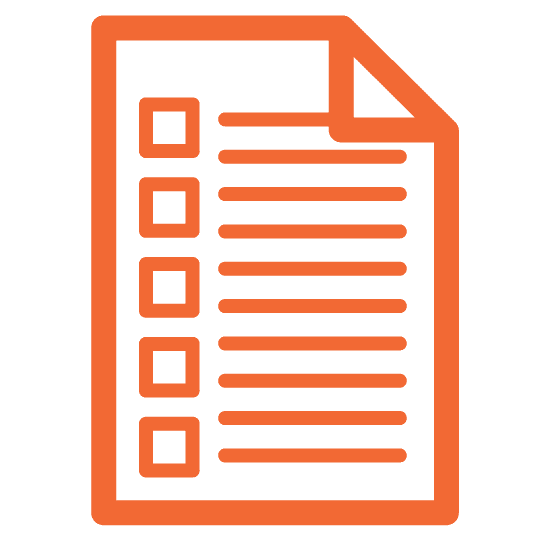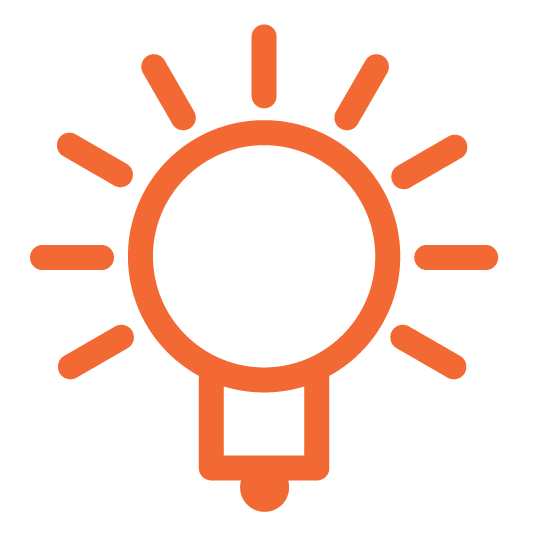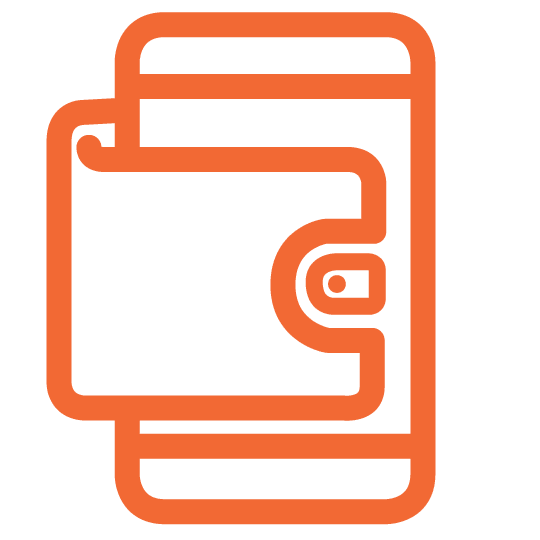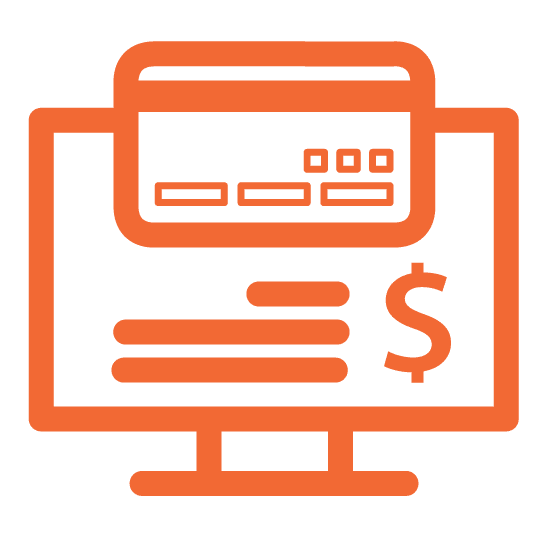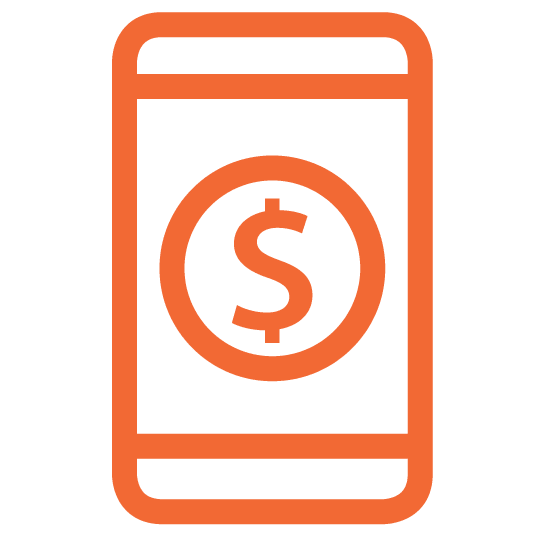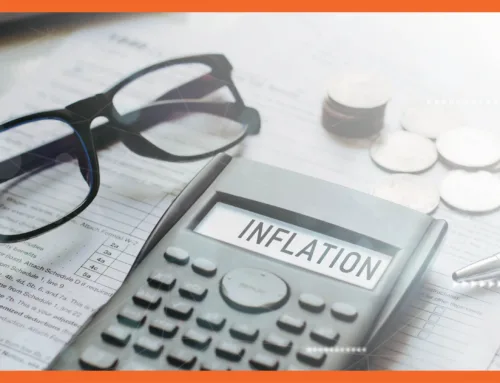Budgeting
A practical, workable budget should be one of the products of the collaborative conversations about money that you have with your partner as you plan how to manage your money.
Budgeting During a Pandemic
The economic impact of the coronavirus pandemic has forced many of us to reevaluate our budgets. In fact, reviewing your family budget now is critical to your coronavirus response strategy. And this is the right place. Make sure to use the calculator and Coach session included in this article to best address your budgeting needs during this crucial time.
Starting Points
Your budget is your blueprint for keeping cash flow positive, and for sticking to your saving goals.
Even if you and your partner will be paying for expenses separately, it’s essential to have one overall household budget. That big picture is indispensable for having a good sense, based on actual numbers, of where the two of you stand financially, and how you plan to stay on track throughout the year.
Create a spreadsheet, or use an app, to list all your anticipated monthly expenses. It can be helpful to divide them by how frequently they occur.
ORGANIZE YOUR FINANCES BEFORE YOU GO TO THE BANK
Getting a loan requires documentation including, but not limited to, pay stubs, tax returns and financial statements that are less than 60 days old. Provide copies of additional monthly payments such as car loans, credit cards and student loans. You should also bring any additional information you think will help your Loan Officer positively evaluate your financial situation. The paperwork not only helps the Loan Officer to generate a Pre-Approval, it will also help them determine the best loan program for your unique situation.
Fixed v. Variable
For the fixed expenses, such as rent or phone, it’s easy to fill in the exact amount you know you’ll have to spend. On the other hand, with the variable expenses, like groceries, there is no single exact amount. But based on what you know you spend, you should be able to estimate a fairly accurate number for most weeks.
The next step is to compare your income to your expenses. In order to achieve (and maintain) a positive cash flow, you may have to adjust some of the variable expenses—which probably means cutting back or cutting some of them out altogether. You can go back to the answers you and your partner gave when you had the conversation about what kinds of expenses would be the easiest, and the most difficult to forego.
You should revisit your budget on a regular basis. Remember, it’s there to help you both, and it’s not written in stone. Adjusting it if your overall household income changes is important.
Spread the Wealth
If your budget changes because you get an influx of cash, maybe from a bonus or an inheritance, you may be tempted to use it to cover increased variable expenses, like eating out, travel, or the newest phone. Certainly using some of the money that way is fine. But it’s also a great opportunity to pay down debt or to increase what you’re putting away in savings—either in an emergency fund, a retirement plan, or your investment portfolio.
